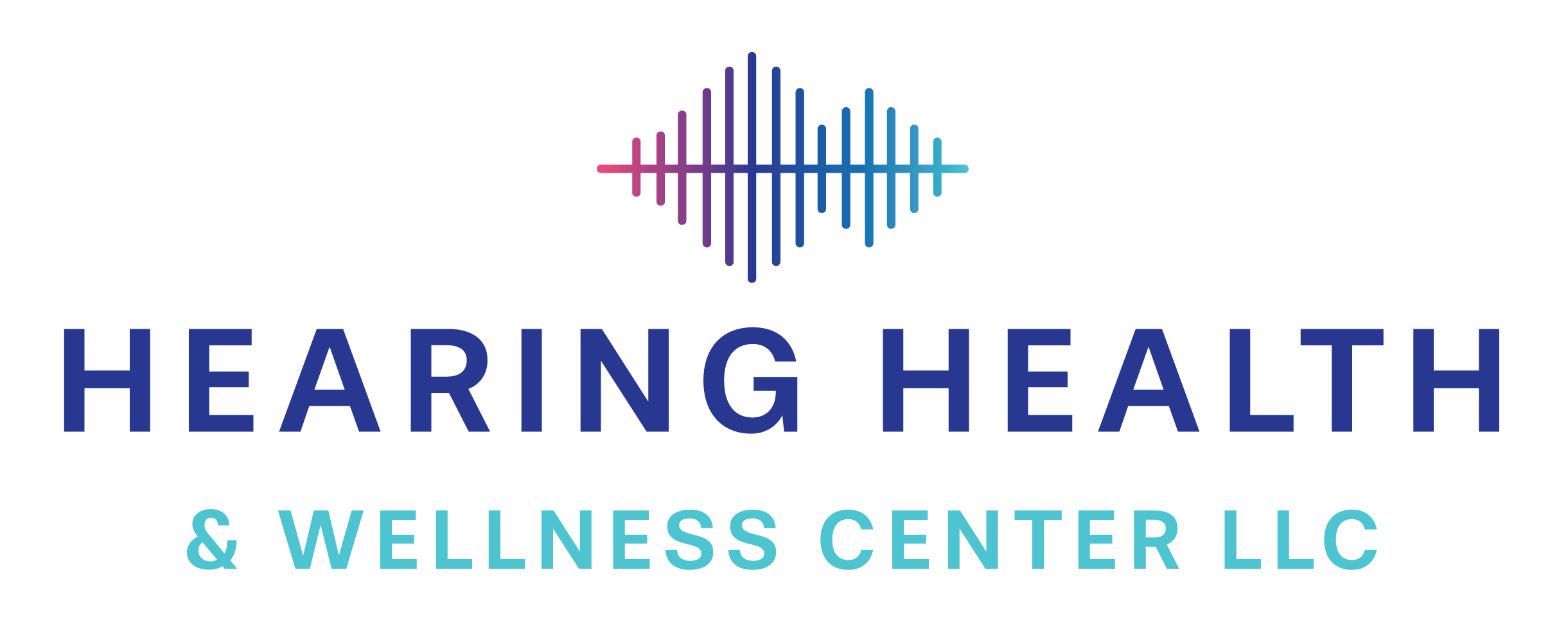Many of us are surrounded by sound every day, whether it’s through work, hobbies or even just busy streets and crowded rooms. It’s easy to overlook how much noise we’re exposed to – or how it might be affecting our hearing over time. Hearing Health and Wellness Center is here to help you stay aware of those risks and take steps to protect your hearing for the long run.
Our audiologists work closely with you to understand your hearing health and guide you through any next steps, whether it’s hearing protection, regular screenings or personalized hearing aids. Because hearing affects how you communicate, enjoy your favorite activities and move through the world, it’s something worth keeping an eye on. We’re here to support you in doing just that.
Who Should Wear Hearing Protection?
Hearing protection isn’t just for people working around loud machinery or attending concerts – it’s important for anyone who regularly spends time in noisy environments. If you work in construction, manufacturing or landscaping, consistent exposure to loud equipment can gradually damage your hearing. The same goes for recreational activities like shooting sports, motorcycling, woodworking or even attending sporting events or live music. If you ever leave a noisy environment with ringing in your ears or muffled hearing, that’s a sign the noise may have been too loud – and it’s a good time to start thinking about protection.
Understanding the Different Types of Hearing Protection
Different hobbies and jobs expose your ears to different kinds of risks, so hearing protection isn’t one-size-fits-all. Whether it’s blocking out background noise or protecting against sharp, sudden sounds, there are options designed to fit how and where you spend your time.
- Swimming: Keeps water out of your ears to help prevent irritation and infections.
- Hunting: Protects against sudden loud blasts while still allowing you to hear quieter sounds nearby.
- Motorsports: Reduces engine and wind noise that can build up over time and damage your hearing.
- Music: Lowers volume evenly across tones so the sound stays clear without harming your ears.
- Occupational: Designed for loud workplaces like factories, construction sites or emergency services.
- Sleeping: Blocks out nighttime noise for better rest without putting pressure on your ears.
Your audiologist can help you find protection that fits your lifestyle and keeps your hearing safe.
Earplugs and In-Ear Monitors for Musicians
Musicians are often exposed to high volumes for long periods, which can gradually harm hearing. Earplugs made specifically for musicians reduce sound levels evenly across frequencies, so music still sounds natural – just quieter. In-ear monitors go a step further by letting musicians hear a controlled mix of sound directly in their ears, cutting down on the need for loud stage monitors. Both options are designed to protect hearing without sacrificing the clarity or detail that’s essential when performing. Whether you’re on stage or in rehearsal, these tools help you stay in tune with your sound while protecting your long-term hearing health.
